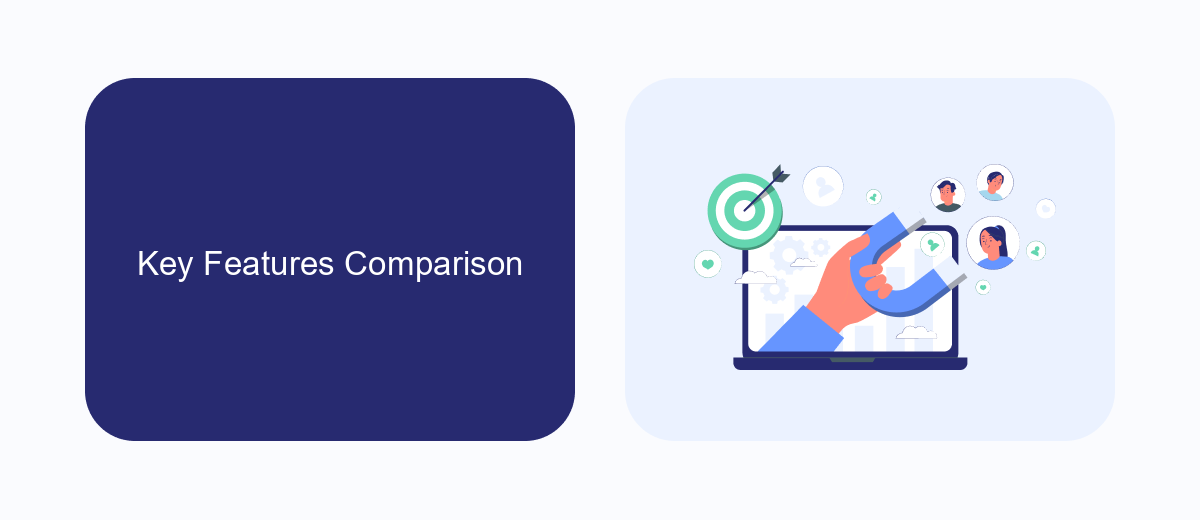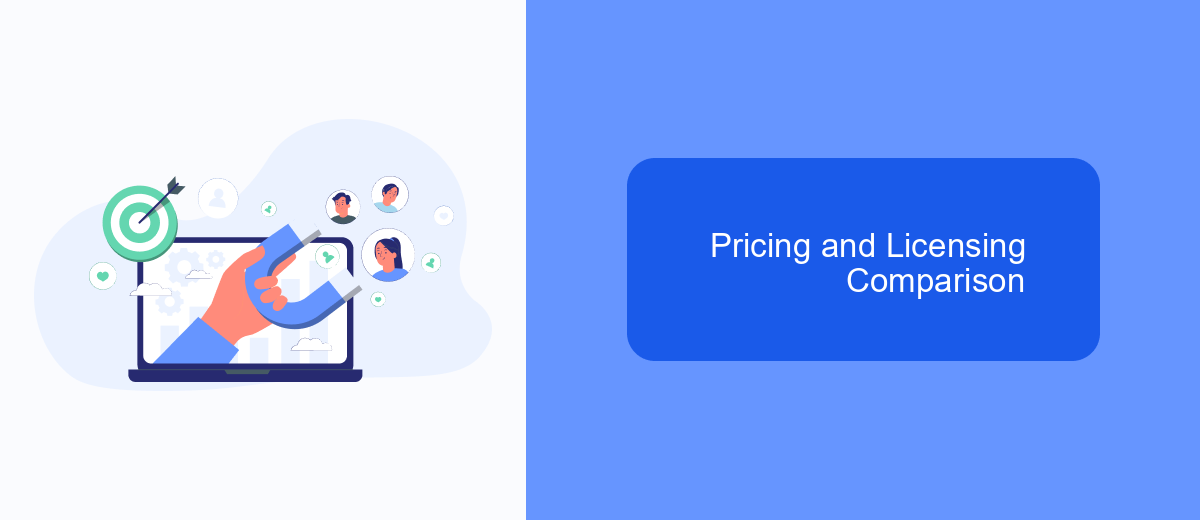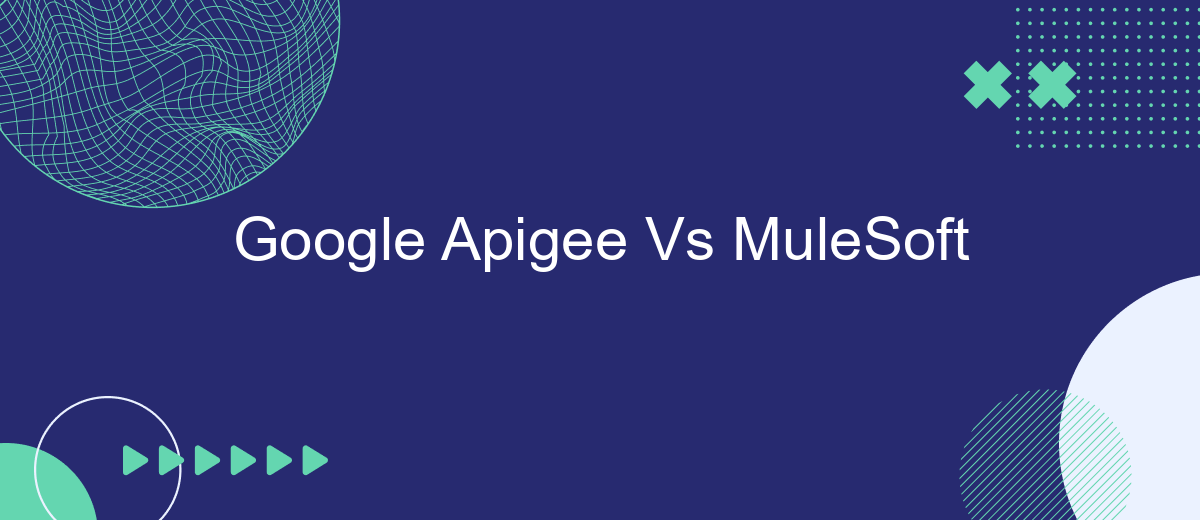In the rapidly evolving landscape of API management, Google Apigee and MuleSoft have emerged as leading platforms, each offering unique capabilities to streamline and enhance API integration. This article delves into a comparative analysis of these two powerful tools, examining their features, strengths, and potential drawbacks to help businesses make informed decisions in selecting the right solution for their needs.
API Management Platform Overview
API management platforms are essential tools for organizations aiming to streamline their digital transformation processes. These platforms enable businesses to create, secure, manage, and analyze APIs, ensuring seamless integration and communication between different systems and applications. By providing a centralized hub for API management, these platforms help organizations enhance their operational efficiency and agility.
- API creation and deployment
- Security and access control
- Analytics and monitoring
- Developer portal and documentation
- Integration with third-party services
Platforms like Google Apigee and MuleSoft offer robust features to address these needs. Additionally, services like SaveMyLeads can complement these platforms by automating lead data transfer between various applications, further simplifying integration processes. By leveraging such comprehensive tools, organizations can achieve a more cohesive and efficient API ecosystem, driving innovation and growth.
Key Features Comparison

When comparing Google Apigee and MuleSoft, it's essential to highlight their key features. Google Apigee is known for its robust API management capabilities, offering features like API analytics, developer portals, and security protocols. Apigee's API analytics provide deep insights into API performance and usage, which helps in optimizing and scaling API programs. Additionally, Apigee's developer portals facilitate easy onboarding and engagement of developers, while its security features ensure APIs are protected from threats and vulnerabilities.
On the other hand, MuleSoft excels in integration capabilities, providing a comprehensive platform for building application networks with APIs. MuleSoft's Anypoint Platform allows for seamless integration of various systems, applications, and data sources. It offers a unified solution for API design, development, and management, making it easier to create and manage integrations. Tools like SaveMyLeads can complement MuleSoft by automating lead data integration, further enhancing the efficiency of business workflows. Both platforms offer unique strengths, catering to different aspects of API management and integration.
Architectural Approach

When comparing the architectural approaches of Google Apigee and MuleSoft, it is essential to understand how each platform manages APIs and integrations. Google Apigee focuses on API management, providing a robust infrastructure for designing, securing, and analyzing APIs. MuleSoft, on the other hand, offers a more comprehensive integration platform with its Anypoint Platform, which includes API management as well as tools for building and managing integrations across various systems.
- Google Apigee: Primarily an API management tool, it offers features such as API analytics, security, and monetization. It is designed to help organizations expose their services as APIs and manage them effectively.
- MuleSoft: Provides a unified platform for API management and integration. Its Anypoint Platform allows for the creation, deployment, and management of APIs and integrations, offering connectors to various systems and data sources.
Both platforms have their strengths, with Apigee excelling in API management and MuleSoft offering a broader integration solution. For businesses looking to streamline their integration processes, services like SaveMyLeads can also be considered. SaveMyLeads simplifies the integration of various applications and automates lead data processing, enhancing overall efficiency.
Pricing and Licensing Comparison

When comparing the pricing and licensing of Google Apigee and MuleSoft, it's important to note that both platforms offer flexible options tailored to different organizational needs. Google Apigee provides a pay-as-you-go model, which can be advantageous for startups and small businesses looking to scale without significant upfront costs. MuleSoft, on the other hand, offers subscription-based pricing, which may be more predictable for larger enterprises with established budgets.
Google Apigee's pricing is based on the number of API calls, while MuleSoft's pricing depends on the number of users and the deployment options. Both platforms offer free trials, allowing potential customers to evaluate their features and performance before committing to a purchase.
- Google Apigee: Pay-as-you-go model, API call-based pricing
- MuleSoft: Subscription-based pricing, user and deployment-based
- Both offer free trials for evaluation
In addition to these platforms, services like SaveMyLeads can help streamline the integration process by automating data transfers and reducing manual effort. This can be particularly beneficial for businesses looking to optimize their API management and integration strategies without incurring additional costs.
Real-World Use Cases and Industry Adoption
Google Apigee and MuleSoft are widely adopted across various industries due to their robust API management and integration capabilities. In the healthcare sector, for instance, both platforms enable seamless integration of electronic health records (EHR) with other systems, ensuring secure and efficient data exchange. Financial institutions leverage these tools to streamline transaction processing and improve customer experiences through real-time data integration.
In the retail industry, companies use Google Apigee and MuleSoft to connect e-commerce platforms with inventory management systems, enhancing operational efficiency and customer satisfaction. Additionally, services like SaveMyLeads play a crucial role in simplifying integrations by automating data transfer between different applications, thereby reducing manual effort and minimizing errors. This makes it easier for businesses to adopt and implement these API management solutions, ultimately driving innovation and growth.
FAQ
What are the main differences between Google Apigee and MuleSoft?
Which platform is better for large-scale API management?
Can MuleSoft handle API management as effectively as Apigee?
What are the typical use cases for each platform?
How easy is it to automate workflows and integrations with these platforms?
Are you using Facebook Lead Ads? Then you will surely appreciate our service. The SaveMyLeads online connector is a simple and affordable tool that anyone can use to set up integrations for Facebook. Please note that you do not need to code or learn special technologies. Just register on our website and create the necessary integration through the web interface. Connect your advertising account with various services and applications. Integrations are configured in just 5-10 minutes, and in the long run they will save you an impressive amount of time.
